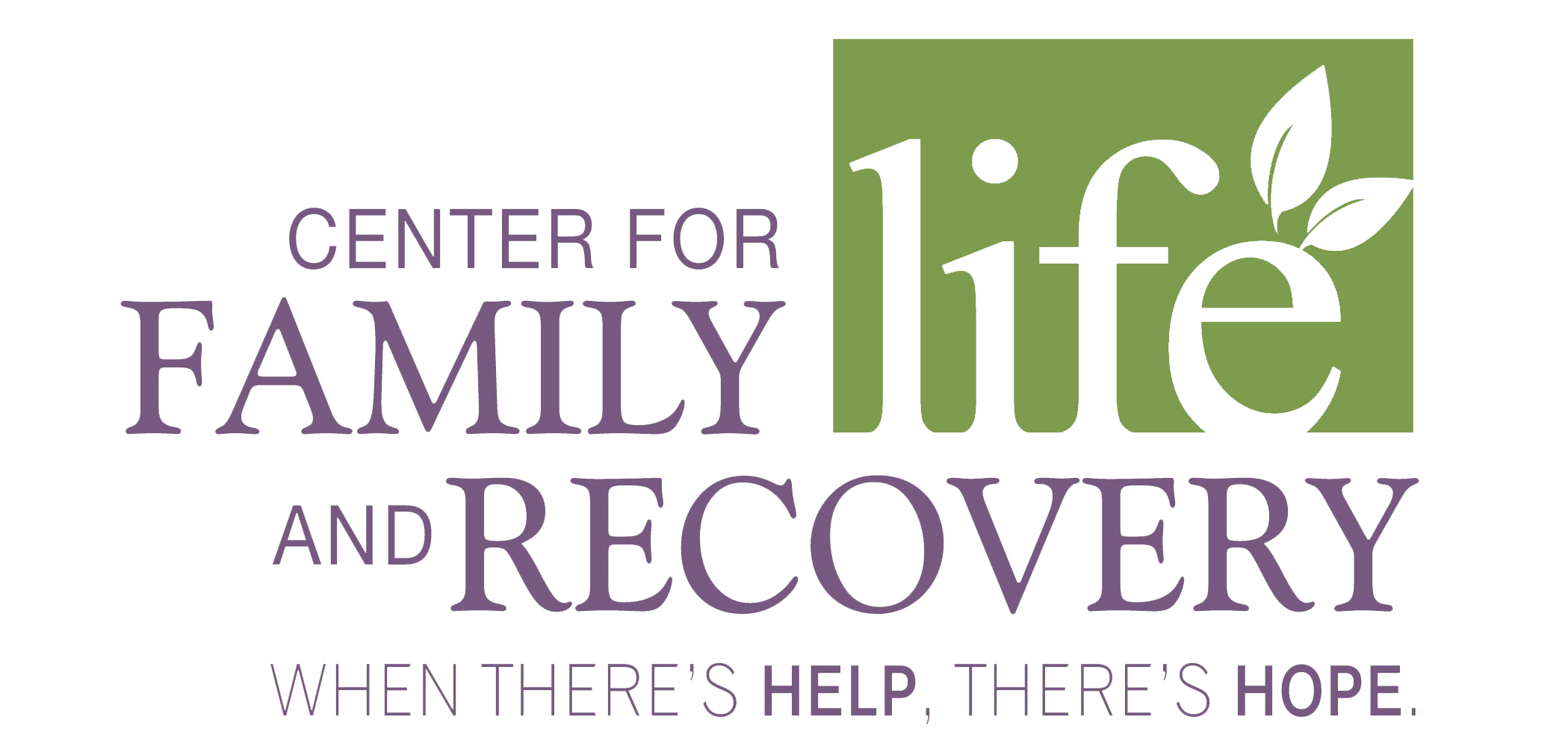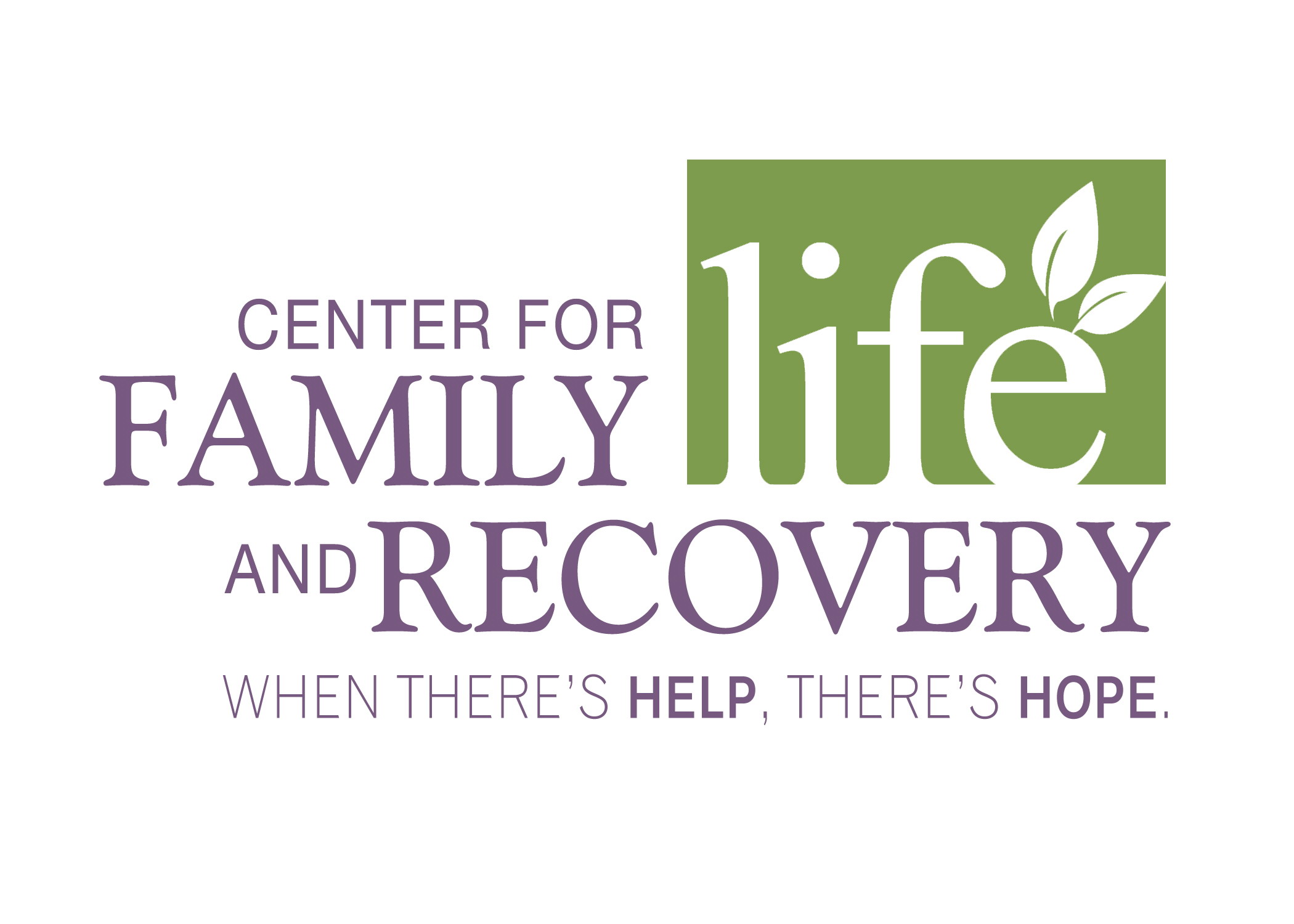May 2014 – Medical marijuana may be legal in New York State soon; it has already been approved in 21 states for numerous conditions. As the community’s leading agency dedicated to prevention and advocacy surrounding substance use, mental health and behavioral issues, the thought that our community might undo decades of work regarding the perception of risk by making medical marijuana legal is more than disconcerting. There are several issues and concerns surrounding not only the medicinal benefits of use, but also the harmful effects of smoking marijuana. Noted concerns include the increase in psychotic disorders, declined IQ, respiratory problems, contamination, and a host of dispensing issues. (JAMA, May 20, 2014) Critical to the safety of the public is FDA approval of any medical marijuana. With FDA approval are certain safeguards that are inherent in the process, including: labeling, dosage, strength of ingredients, expiration dates, production quality standards, and warning of harmful interactions.
Community Anti-Drug Coalitions of America, CADCA, reports that “residents of states with medical marijuana have marijuana abuse/dependence rates almost twice as high as states without such laws. Increased use rates lead to higher addiction rates. Marijuana addiction affects about 1 in 9 people who start using the drug; if one starts using marijuana in their teens, the addiction rates jump to 1 in 6 users. More than 2/3 of treatment admissions involving those under the age of 18 cite marijuana as their primary substance of abuse, more than three times the rate for alcohol and more than twice that of all other drugs combined.”
Research has shown that through the legalization of marijuana, it makes its use more normalized and is perceived to be less harmful, thus increasing usage; this is most “problematic given that many of the negative effects of marijuana are most pronounced in adolescents.” (JAMA, May 20, 2014)
What should you do? Stay informed – Read proposed legislation at http://www.cadca.org/policy-advocacy; talk to your elected officials and tell them how you feel; and get involved in local prevention efforts by contacting Center for Family Life and Recovery, Inc. at 315.733.1709 or visit their website at www.whenthereshelpthereshope.com.

